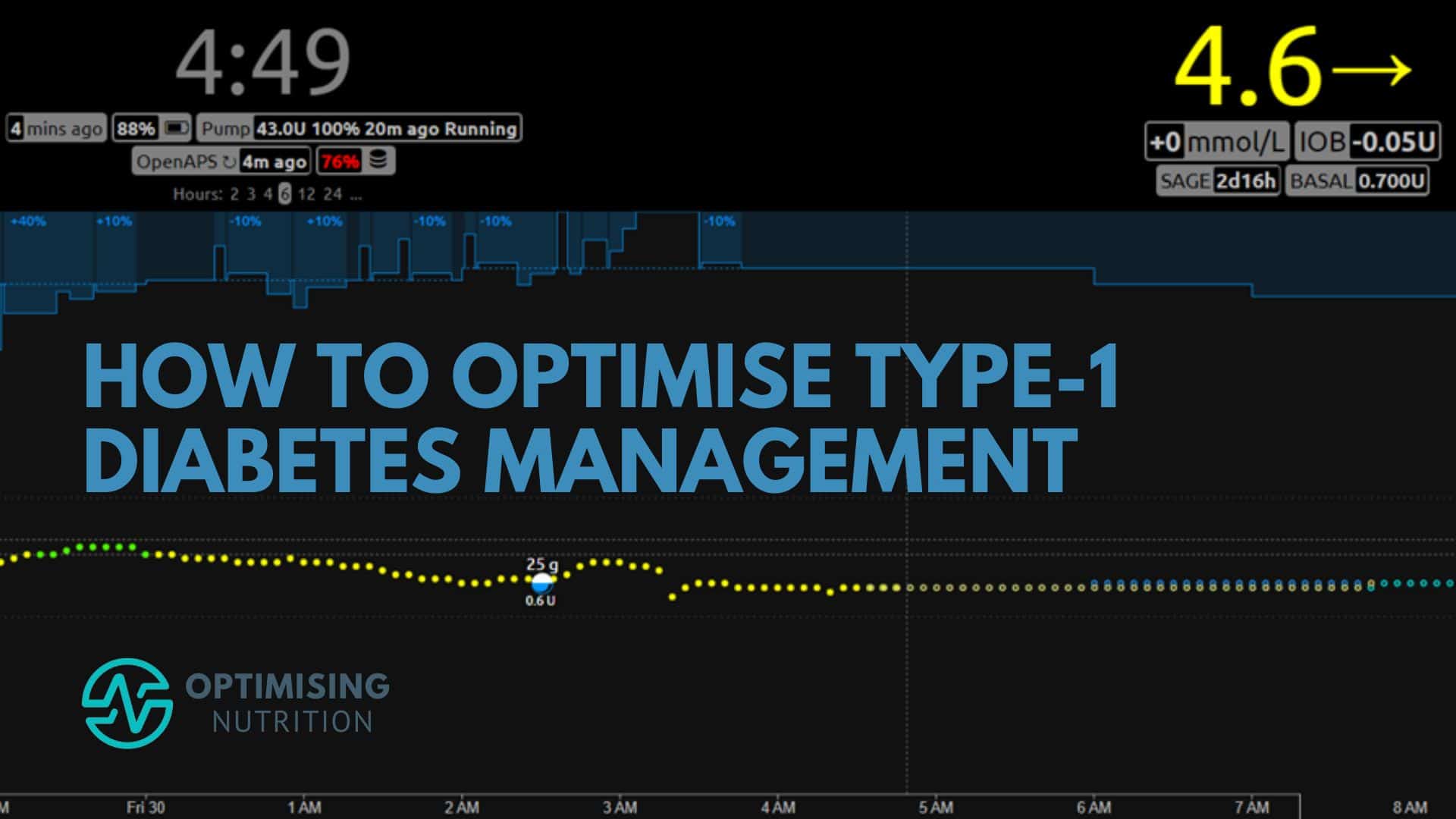Hi all I’m Dan. I’m currently 33 and have been leaving with diabetes since I was 5. Type 1. As I’m sure many of you in the same position the first few decades in early years I paid no mind to it all. Wouldn’t follow a strict routine with being you. I still have all the symptoms of being low and high and relatively ok good health. I eat good and excerise. July 23 I had small bleeding in my right eye and had laser treatment for it which stopped the bleeding. My Hba1c last year was 55mmol. I’ve now had the results for my eyes again and looks like the right eye again needs laser. Next month I’m having an operation on my elbow for for neurology but they cannot confirm if this is diabetes related but due to being diabetic there’s a greater chance. I’ve worked really hard since July to lower my Hba1c and I’m currently at 48mmol. My question really is with good hba1c levels can you complexity prevent the horrible complications diabetes can bring blindness/amputation etc or is this something that it inevitable no matter how good you control. Is 48mmol higher for a 30 year diabetic or is that classed as acceptable and can complications be avoided with this?
Many thanks for reading
Many thanks for reading


